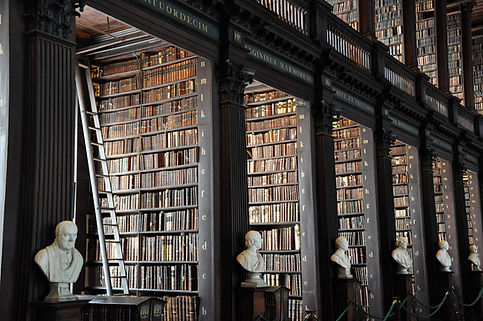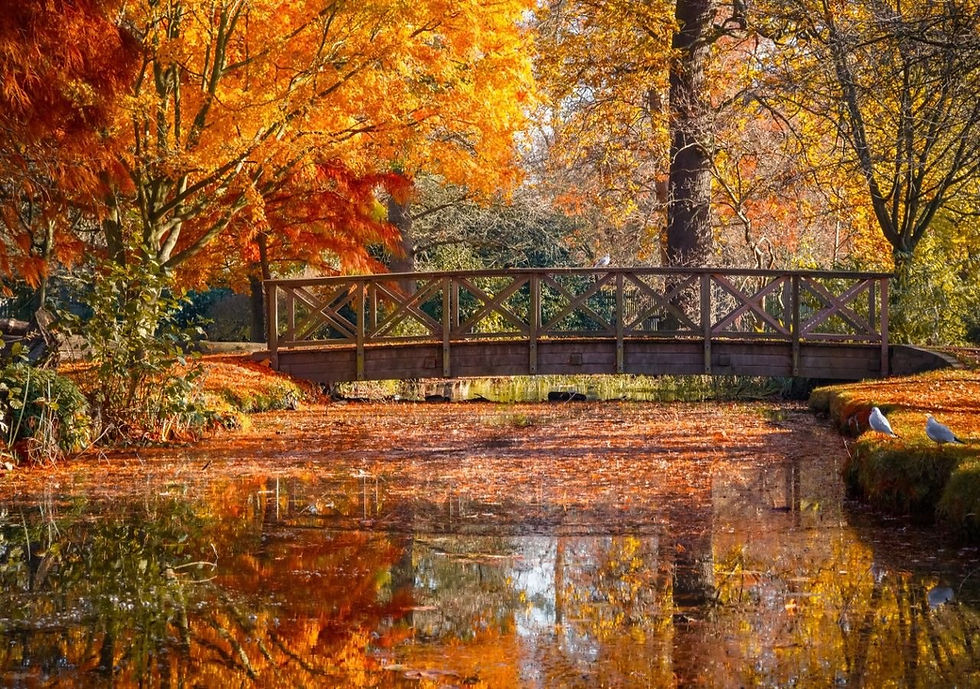Traces of the French Revolution in French Literature
- Rabia Büke Güllü
- 12 Eki 2022
- 3 dakikada okunur

Révolution française, which is “the most astonishing that has hitherto happened to the world” as Edmund Burke states, was a major historical event that took place in France during the years 1789-1799. The revolutionists complained about the economic depression, unemployment and unreasonably high food prices, which was caused by the rapid growth of population and government debt.
The occurrence of the French Revolution has granted all nations over the world a literary movement called “Romanticism”, also known as Romantisme in its home country, France. It is suggested that the aftermath of the revolution was filled with emptiness, which led to the emergence of Romanticism. The promising acts such as the destruction of aristocracy and new terms “liberty and equality” couldn’t fulfill the expectations of the Romantic’s, hence the need to outclass the Enlightenment and classicism ideals.
Romanticism is, as the famous poet Alfred de Musset defines, ”The star which weeps, the wind which cries out, the night which shivers, the flower which gives its scent, the bird which flies... It is the infinite and the starry, the warmth, the broken, the sober, and yet at the same time the plain and the round, the diamond-shaped, the pyramidal, the vivid, the restrained, the embraced, the turbulent."
Although the majority of people tend to believe that the founder of this movement is Victor Hugo, it is in fact Jean Jacques Rousseau who has spearheaded the movement. However, Victor Hugo is considered the most successful figure in the Romantic Revival, given that his death in 1885 is accepted as the end of the Romantic era.
Romanticism exhibits the revolutionists’ morals such as “liberté, égalité, fraternité” (liberty, equality and fraternity). Denying all sorts of prescribed rules, the Romantic’s rather emphasised on spontaneity and their intuition, and deeply valued individualism, which is the prime demand of the revolution. Reliance on imagination, freedom in terms of expressing thoughts and idealisation of nature are other significant characteristics of the movement.
It is safe to say that Victor Hugo is the embodiment of French romanticism. Alongside being a poet and a playwright, he is also a famous novelist. He believed that every work of literature reflected the nature of its author. Under the light of this statement, it is clear that Victor Hugo’s most famous novel “Les Miserables” is a mirror to his very own self. His disgust at the treatment of the poor, the conditions in French prisons and the corruptness of the French judicial system are blatant examples of his socialist and romantic being.
Below is a poem named “Demain, dès l'aube” (“Tomorrow, at dawn”) written by Victor Hugo:
DEMAIN, DÈS L'AUBE
“Demain, dès l'aube, à l'heure où blanchit la campagne,
Je partirai. Vois-tu, je sais que tu m'attends.
J'irai par la forêt, j'irai par la montagne.
Je ne puis demeurer loin de toi plus longtemps.
Je marcherai les yeux fixés sur mes pensées,
Sans rien voir au dehors, sans entendre aucun bruit,
Seul, inconnu, le dos courbé, les mains croisées,
Triste, et le jour pour moi sera comme la nuit.
Je ne regarderai ni l’or du soir qui tombe,
Ni les voiles au loin descendant vers Harfleur,
Et quand j'arriverai, je mettrai sur ta tombe
Un bouquet de houx vert et de bruyère en fleur.”
The English translation
TOMORROW, AT DAWN
Tomorrow, at dawn, when the land whitens
I will leave. You see, I know you are waiting for me.
I will go through the forest, cross the mountains
I cannot remain far from you any longer.
I will walk as my eyes are fixed on my thoughts.
Without seeing anything outside, without hearing any noise.
Alone, unknown, back bent, hands crossed
Sorrowed, and for me the day will be like the night.
I will not watch the fall of the gold evening
Nor the distant boats sailing towards Harfleur
And when I arrive, I will place on your grave,
A bunch of green holly and heather in bloom.
Victor Hugo’s “Demain, dès l'aube“ was dedicated to the death of his pregnant daughter. Late Leopoldine Hugo has drowned to death at La Seine (a lake in northern France) with her husband. In the poem, Victor Hugo builds the atmosphere of a man in sorrow for obscure reasons, who intends to see the woman he loves. However the expectations are entirely shattered when it becomes clear that the man has headed for the woman’s grave.
In the great Romantic’s will, he stated that:
“Je donne cinquante mille francs aux pauvres. Je veux être enterré dans leur corbillard. Je refuse l'oraison de toutes les Eglises. Je demande une prière à toutes les âmes. Je crois en Dieu.”, which means: “I am donating 50 000 francs to the poor. I wish to be buried in their hearse. I refuse funeral orations from all churches. I am praying for all souls. I am faithful to God.”




Commentaires